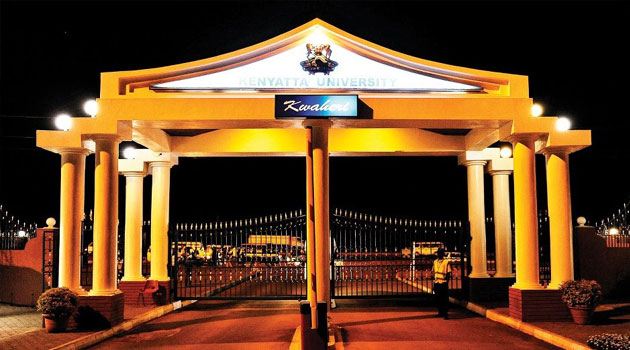Youth participation in politics is a complex story to tell. However, there is currently a wide agreement that the forms, repertoires and targets of youth political engagements are changing and expanding. Indeed, creative and non-traditional forms of engagement are on the rise, pointing towards a participatory transformation. However, when compared to older generations, today’s youth are less interested in conventional politics.
Despite making up more than half of the population in many countries, young people (ages18-30) often find themselves marginalized from mainstream politics and decision making. They struggle to gain the respect of public officials and are seen as lacking the skills and experience to engage in political activities and lead positive change in their communities.
This exclusion, combined with limited educational and economic opportunities, can leave young people both idle and frustrated with the status quo. Today’s youth need real opportunities to participate in political processes and contribute to practical solutions that advance development.
They make up 68 percent of total population, that is more than half of Kenya’s population. But the quick question would be why do they feel secluded while they are the majority? Use the analogy of organised minority over the disorganised majority and this has been the culture throughout the years, young people are typically either stereotyped as criminals or marginalized, rather than taken seriously as politically important actors.
Over the years, many youth in Kenya have remained politically active through political movements instead of engaging with and in political parties. Young men and women are traditionally active politically in universities “when allowed” but very often disillusioned with political leadership and political institutions and excluded from policy development.
As a result, political activism of youth is not organized according to formal groupings.
Opportunities for youth to engage in governance and participate in political and decision-making processes depend largely on the political, socioeconomic, and cultural contexts where social norms in many parts of the world result in multiple forms of discrimination against young women.
Both formal and informal engagement can be understood as political participation, and both are beneficial for a vivid and resilient democracy and should be supported.
There is strong evidence that the participation of young people in formal, institutional political processes is relatively low as compared to older citizens across the globe. This challenges representativeness of the political system and leads to the disenfranchisement of young people.
In counties emerging from conflicts, young people can engage in peace-building, leading non-violent revolutions, using new technologies to mobilize societies to bring about change. Young people have demonstrated the potential to build bridges across communities, working together, helping to manage conflict and promote peace.
Young people are vital stakeholders in conflict and in peace-building, and can be agents of change and provide a foundation for rebuilding lives and communities, contributing to a more just and peaceful society.
In my view, it is important to include young people in active/formal politics, policies formulation and decision-making process for them to be part of key decisions and own them.
And for political systems to be representative, all parts of the society must be included. When young people are disenfranchised or disengaged from political processes, a significant portion of the population has little or no voice or influence in decisions that affect their lives.
To make a difference in the longterm, it is essential that young people are engaged in formal political processes and have a say in formulating today’s and tomorrow’s politics. Inclusive political participation is not only a fundamental political and democratic right but also is crucial to building stable and peaceful societies and developing policies that respond to the specific needs of younger generations. For young people to be adequately represented in political institutions, processes, and decision-making, and in particular in elections, they must know their rights and be given the necessary knowledge and capacity to participate in a meaningful way at all levels.
When there are obstacles to participating in formal, institutionalized political processes, young people can rapidly feel disempowered. Many tend to believe that their voices are not going to be heard or that they will not be taken seriously even if they are heard. The problem becomes circular as politicians may lose interest in responding to the aspirations of young people if they cannot win their votes. This in turn leads to young people being increasingly excluded from taking part in decision-making, or in debates about key socio-economic and political issues, despite their sensitivity to the demands for social equity and justice, environmental protection and cultural diversity.
In new and emerging democracies, the inclusion of young people in formal political processes is important from the start. Young people’s active contributions can bring democratic values to life, leading to the overturning of authoritarian practices. In countries where young people have led protests that have forced authoritarian regimes from power, they are likely to feel significant frustration if they are not included in new formal decision-making procedures. This can destabilize democratization and accelerate conflict dynamics.
Electoral stakeholders have a role to play in promoting young people’s participation in formal decision-making processes. For this role to be effective, it is necessary to understand the interconnected nature of the obstacles to participation in these processes that young people encounter.
What if, just what if youth don’t vote in this coming General Election?
When all is said and done, young people should take the mantle in their hand and they should understand that spaces are not given but rather fought for, through reading, researching and expressing themselves by standing to fill in the gaps they see in their societies without fear of intimidation. It is time to liberate our country through sweat, tears and brains.
If young people are not around those tables, break them!
Milkah Kawira Kirimi is a student leader at Kenyatta University.

























































